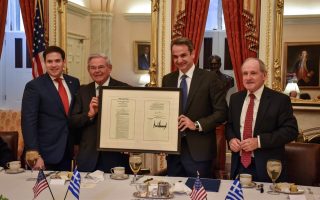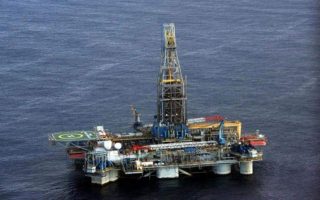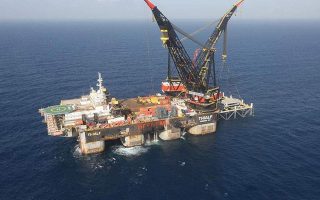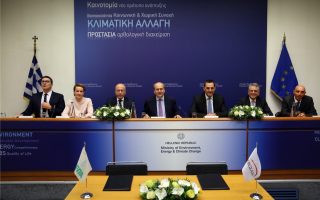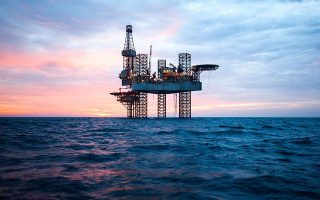Taps and alliances in an era of hard pipeline diplomacy
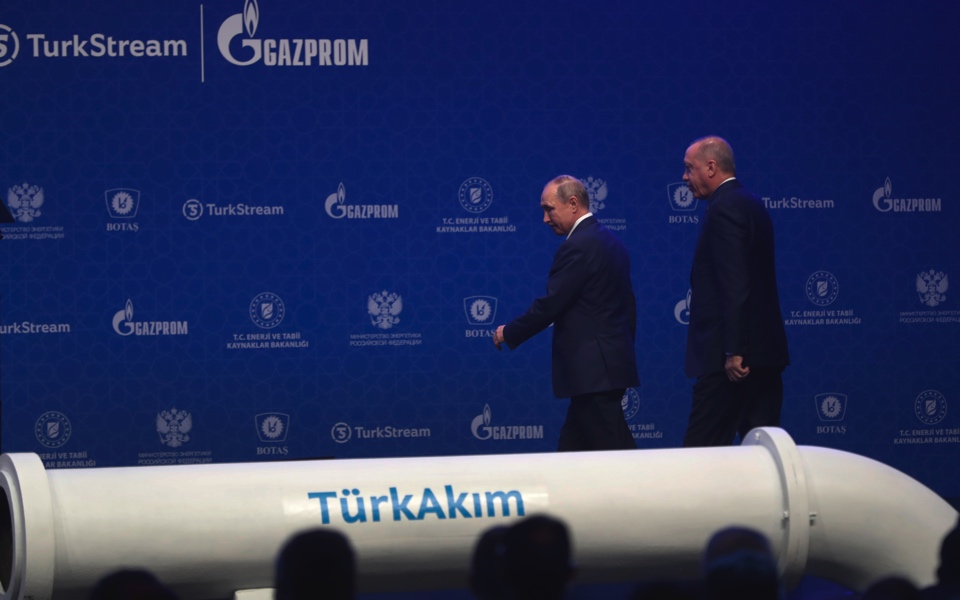
Amid growing turmoil over energy issues in the Eastern Mediterranean, Russian President Vladimir Putin and his Turkish counterpart Recep Tayyip Erdogan inaugurated the TurkStream pipeline in Istanbul earlier this month.
The operation of TurkStream, which will carry Russian natural gas to Central Europe through Turkey, will go some way toward fulfilling Moscow’s goal of reducing gas transit via Ukraine. With the pipeline starting in Novorossiysk, crossing the Black Sea and ending at Kiyikoy in northwestern Turkey, Russia achieves its aim of bypassing Ukraine – with which relations have long been troubled – while Turkey gets to reinforce its role as the controller of the pipeline taps that bring gas to the West.
The pipeline is seen supplying the Turkish market and branching out through Bulgaria and Serbia to send gas to Central Europe. That is why the leaders of the two Balkan countries, Boyko Borisov and Aleksandar Vucic respectively, were present at the event in Istanbul.
Greece is not participating in TurkStream, siding with the United States and the European Union, which insist that Europe should be weaned off Russian’s reserves. In fact, Brussels had in the past warned both Sofia and Belgrade against allowing for construction of the pipeline on their territory, arguing that it would violate Europe’s legal framework on energy.
Now, however, only the United States is reacting, while the EU has kept quiet. In Sofia, there are reports that TurkStream is already providing the Bulgarian pipeline network with quantities of gas, some of which reaches Greece through the existing pipeline branch.
If through its tacit tolerance Brussels has given the green light to Bulgaria for the transit of Russian gas, then why shouldn’t Greece also seek to participate in the project, which will have the added benefit of improving relations with Moscow? We live in an era of hard pipeline diplomacy and the energy chess game is on.
Turkey and Greece both claim leading roles as energy hubs. Turkey is in the lead but we are also looking ahead. In a few months, the Trans Adriatic Pipeline (TAP), which will transport Caspian natural gas to Europe, will start operating, while the Gas Interconnector Greece-Bulgaria (IGB) is moving along, US liquefied natural gas is expected in Alexandroupoli soon, and of course the signing of the initial deal for the construction of the EastMed pipeline links us to this new source of energy in the Eastern Mediterranean. We meet all the requirements for becoming an important energy player, as long as we adhere to strategic planning.
